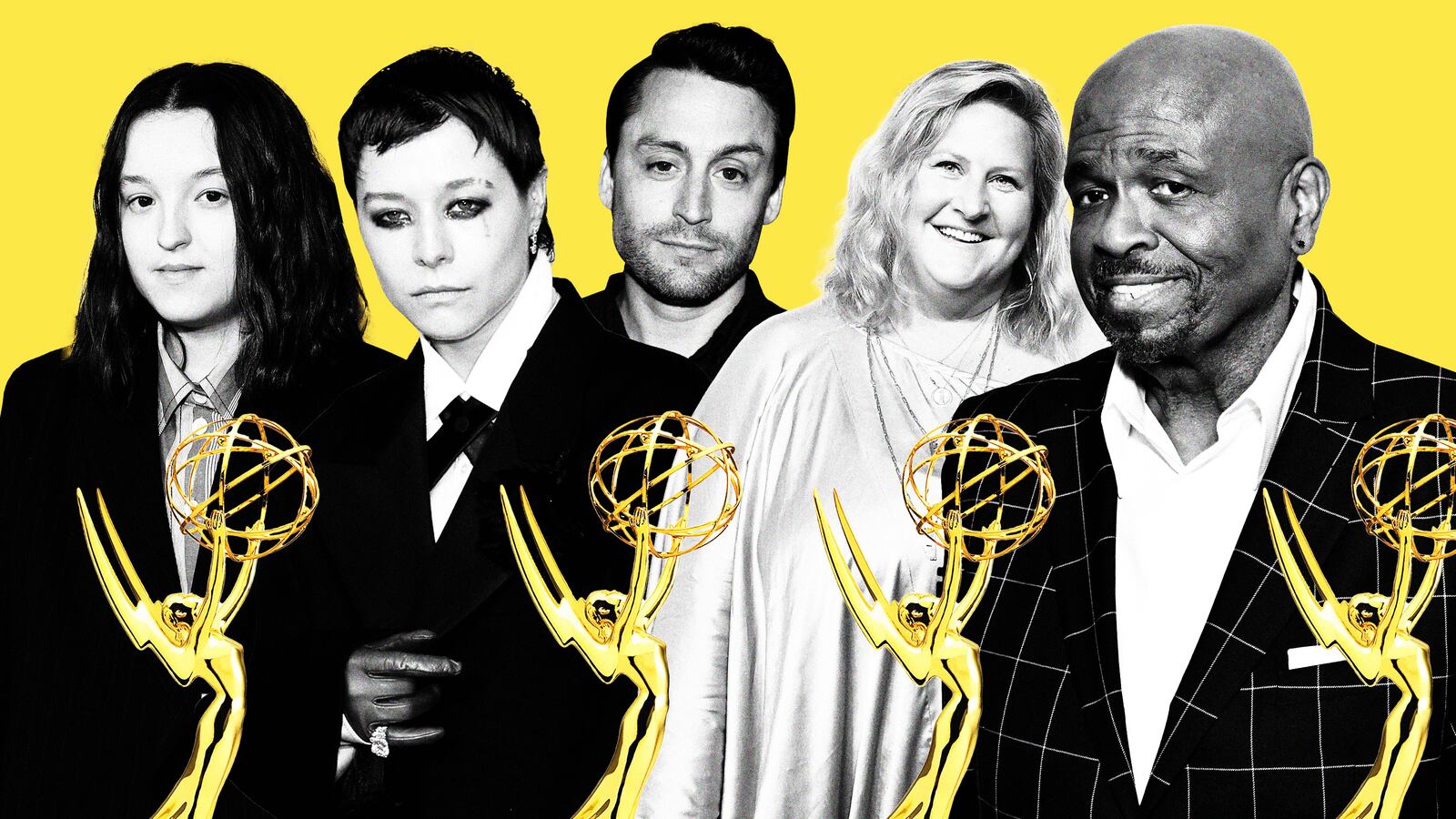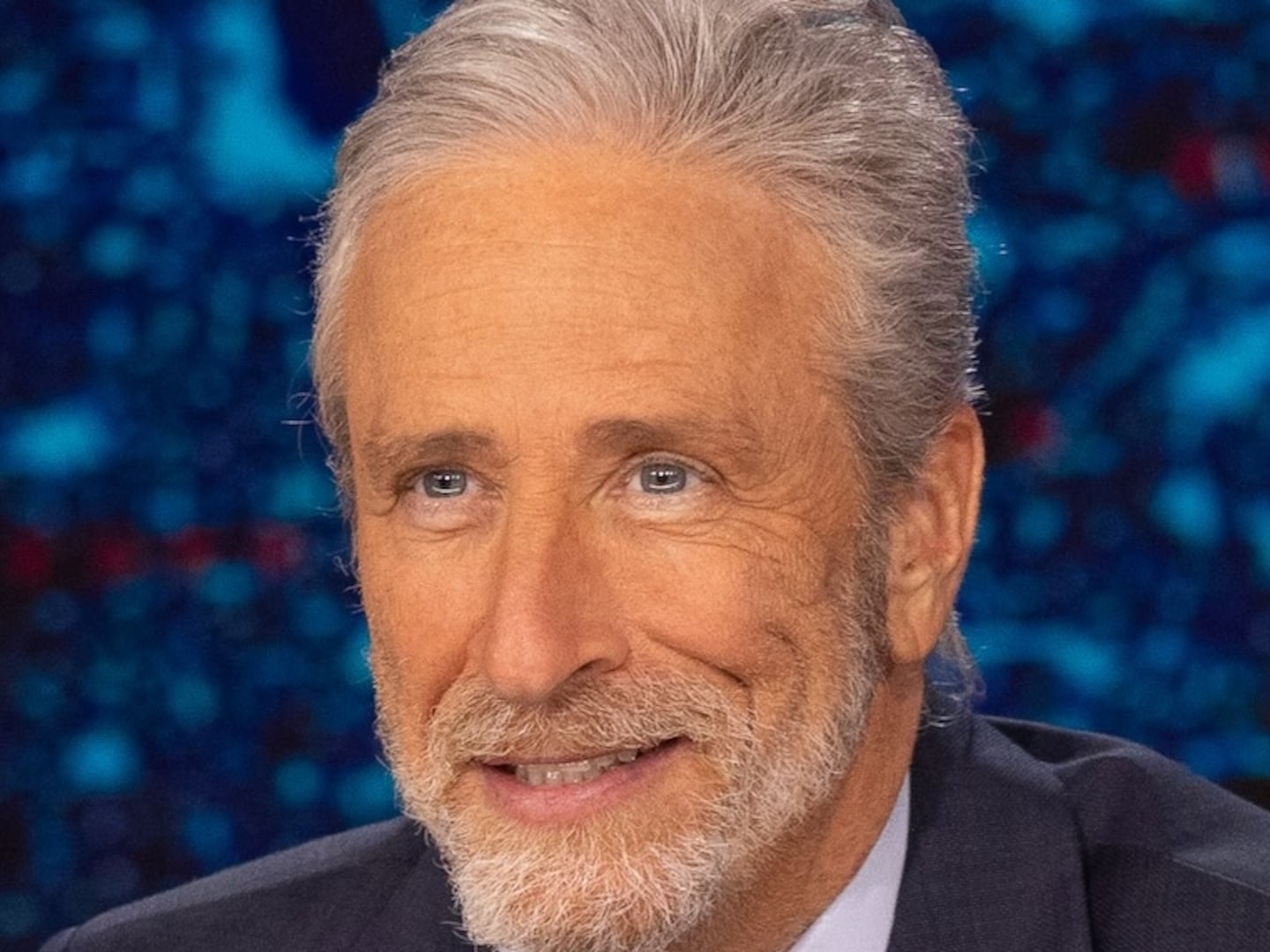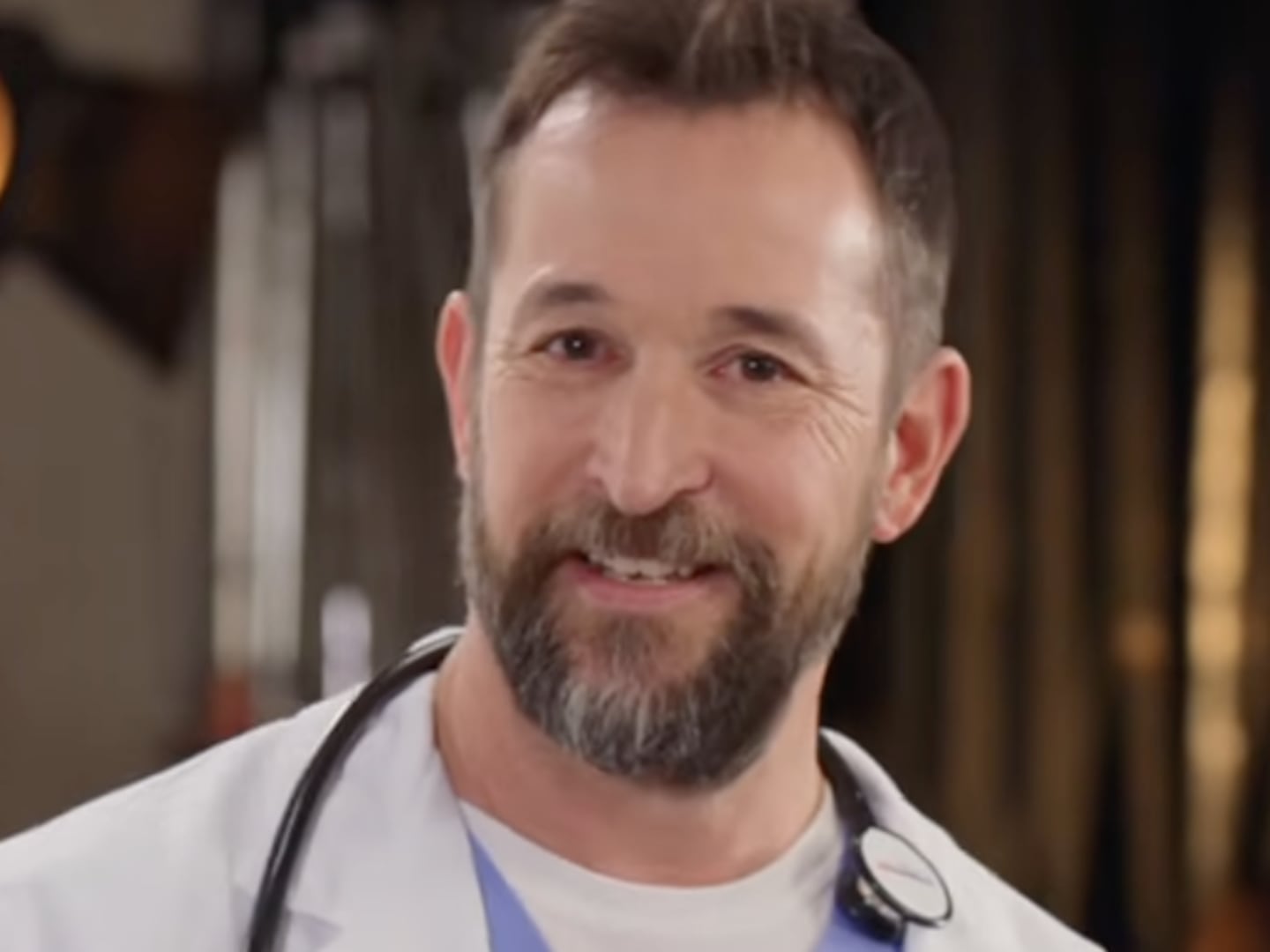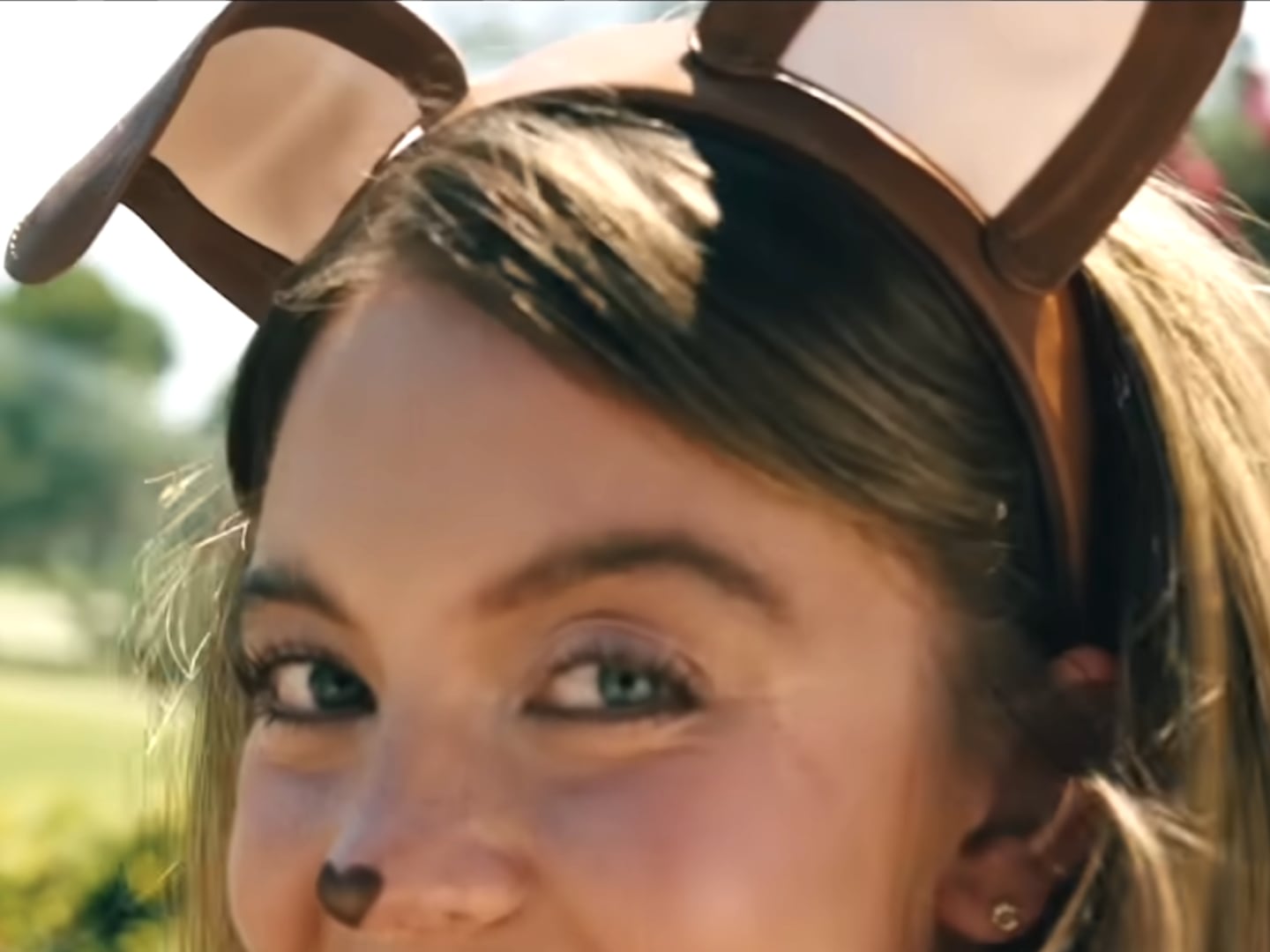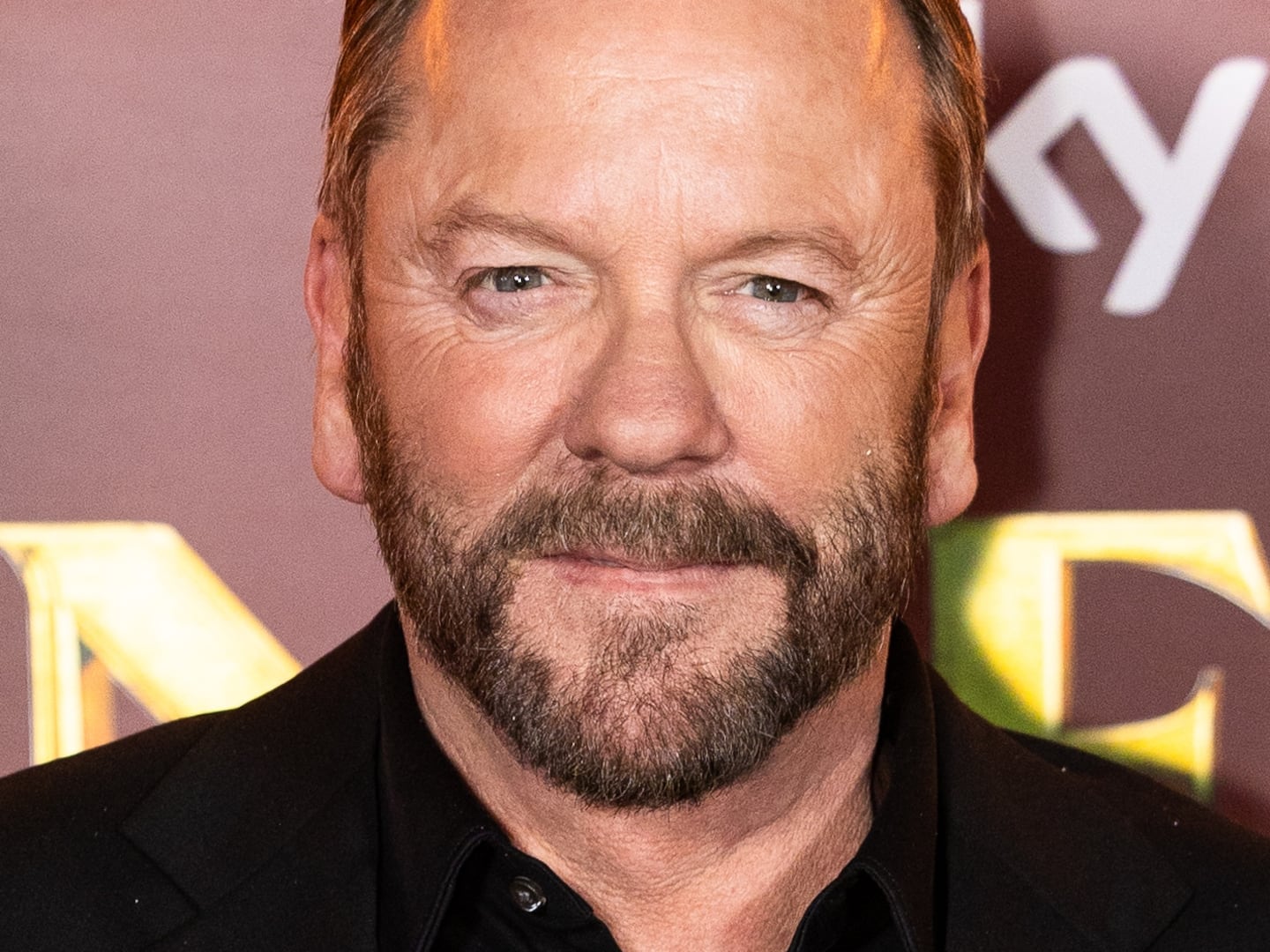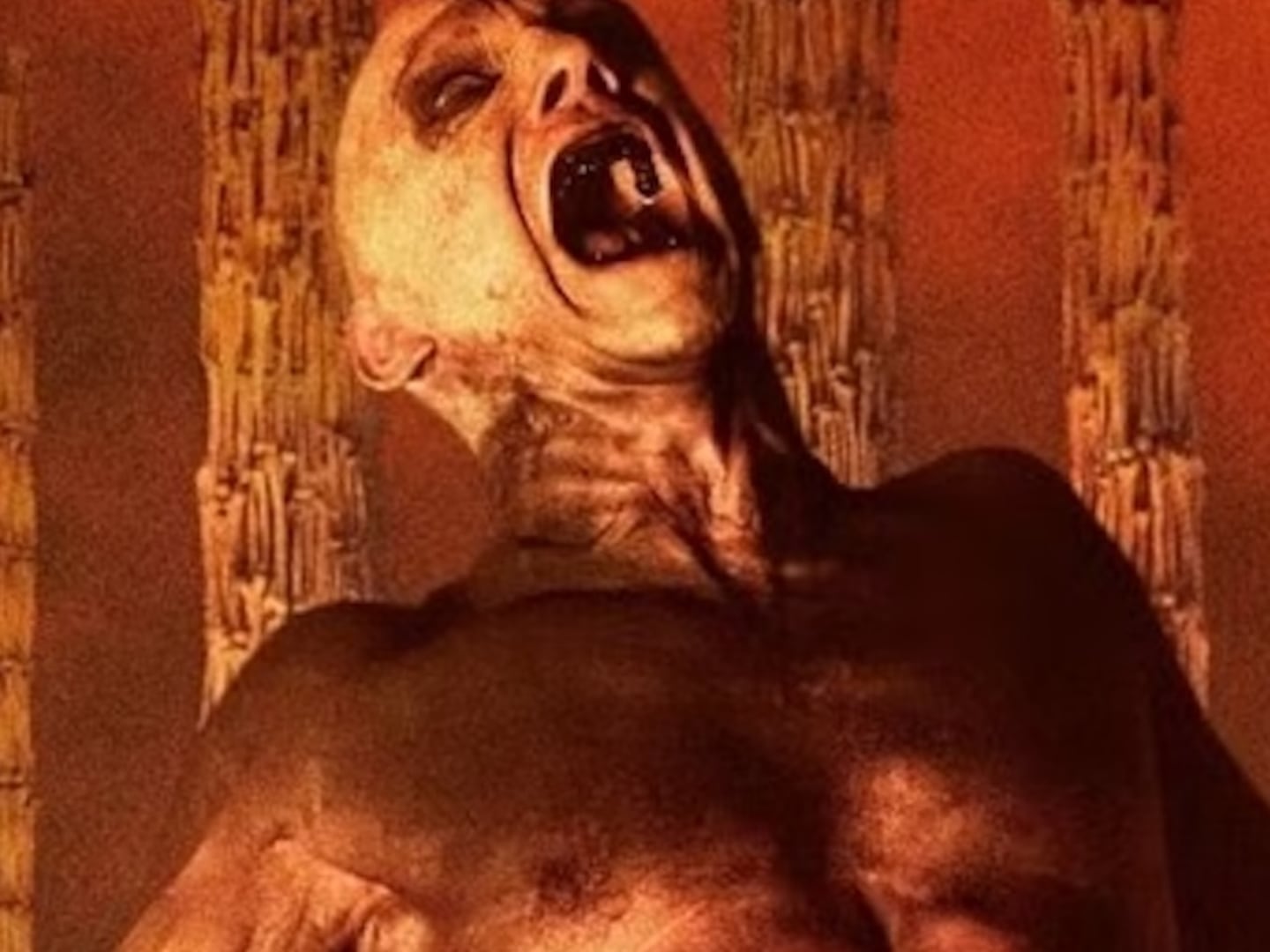We’re one week away from the Emmy nominations being announced. As the final countdown begins, here’s The Daily Beast’s Obsessed’s writers’ picks for the nominations they most want to hear announced on the morning of the 12th. (Vanderpump Rules, this is your time!)
Kieran Culkin (Succession)
Best Lead Actor in a Drama Series
For Episode 3 alone, he should win the Emmy. For Episode 9 alone, he should win the Emmy. Over the course of four seasons, Kieran Culkin has shown us so many different sides of Roman—a repugnant fascist, a smart-mouthed failson, a tragic figure, an absolute villain. In its final stretch, however, Succession showcases his work more than ever. When Roman loses his father, Culkin collapses to the floor, and emotionally, a part of him remains there. Like Jeremy Strong did last season, Culkin shatters his character this season to reveal the sad, broken soul within. Culkin has always been a reliable source of awful humor in Succession, and Roman’s depth is no new discovery. More than anyone else, however, Culkin’s final note is undeniable. —Laura Bradley

Succession.
Warner Bros. DiscoveryEmma D’Arcy (House of the Dragon)
Best Lead Actress in a Drama Series
There are several stars from HBO’s Game of Thrones prequel who deserve Emmy recognition: Paddy Considine for his tragic turn as King Viserys Targaryen, Olivia Cooke as the calculating Alicent Hightower, and Matt Smith in the sinister, scene-stealing, and weirdly sexy role of Daemon Targaryen. But the one who I think merits it most—the one whose snub I would fight over in the streets (or, you know, on the internet)—is Emma D’Arcy. Whether they were horrifyingly delivering a dead baby or plotting war against an ex-BFF, the actor played the older version of Princess Rhaenyra Targaryen with such strength and command, it was scary. And while it’s still an ongoing conversation about where a non-binary actor like D’Arcy should be slotted into the Emmys race, what matters is they’re there. —Madeline Roth

House of The Dragon.
Warner Bros. DiscoveryWilliam Stanford Davis (Abbott Elementary)
Best Supporting Actor in a Comedy Series
The best thing Abbott Elementary ever did, well, was exist. The second best thing, though, was to promote William Stanford Davis, who plays nosy school janitor Mr. Johnson, to a series regular. Mr. Johnson showed his full peacock tail of vibrant colors and oddities in the wondrous sophomore season of Abbott Elementary, in which he adopted stray cats, saw one of the students dressed up as him for Halloween, and made us all laugh with the quickest, best one-liners in the entire show. Everyone in the Abbott cast deserves recognition, but it would be such a pleasure to see Davis in the roster of Best Supporting Actors this year. —Fletcher Peters
Bridget Everett (Somebody Somewhere)
Best Lead Actress in a Comedy Series
No performance this year was as tender and lived-in as Everett’s in Season 2 of Somebody Somewhere. As a woman attempting to find joy and purpose in life after returning home to Manhattan, Kansas, Everett’s performance lent dignity to grief and the experience of feeling lost—all while embracing elements of the star’s bawdy, raunchy side to deliver gut-busting, gasp-inducing laughs. —Kevin Fallon

Somebody Somewhere.
Warner Bros. DiscoveryFleishman Is in Trouble
Best Limited or Anthology Series
Fleishman Is in Trouble, Taffy Brodesser-Akner’s adaptation of her own 2019 novel, wasn’t just the best limited series of the year—it was the best show that aired on television, period. An eight-part tale about a group of tri-state area friends (played by Jesse Eisenberg, Lizzie Caplan, Claire Danes, and Adam Brody) grappling with divorce, fidelity, ennui, regret, and longing for the many things they crave but have never (yet) attained, it’s an expansive portrait that understands people, and life, like few small-screen efforts. As I wrote at the time of its release, and which remains true today, it’s “a great work of art about middle age, as rich in complexity and detail as it is in emotion.” —Nick Schager
Irma Vep
Best Limited or Anthology Series
Irma Vep was a limited series that dropped to very little fanfare on HBO, but that does not mean it wasn’t a spectacular viewing experience. Olivier Assayas, who wrote and directed the 1996 movie of the same name starring Maggie Cheung, got very introspective about his marriage to Cheung and his work with this series. It was almost akin to watching Assayas’ personal therapy sessions play out on screen. There was something very moving about watching this person literally work through a divorce and a myriad of other personal issues on screen. Filmmaking and writing is already a vulnerable position to put yourself in, but this went even beyond that. And that is what made it so great. Well, that and an electrifying performance from Alicia Vikander. Vikander plays A-list star Mira Harberg, who is working through some personal relationship drama, and decides to take on the role of Irma Vep and soon finds herself consumed by this character. Vikander sings, dances and stuns as an actress caught up in the role of a lifetime. Whether she is slinking around in the iconic Irma Vep catsuit or facing down some of her darkest demons, it’s impossible to take your eyes off her.
Irma Vep is a show that is so fun to get lost in as the deep introspection on screen often gets reflected back at the viewer. Also, who doesn’t love a cameo from one of Assayas’ favorite leading ladies—Kristen Stewart. It might not be the splashiest of HBO’s Emmy entries but for voters to ignore it completely would be a terrible misstep. –Shannon O’Connor
Jane Krakowski (Schmigadoon!)
Best Supporting Actress in a Comedy Series
One of the greatest Hollywood injustices is that Jane Krakowski never won an Emmy for playing Jenna Maroney in 30 Rock. (Or, arguably, for her work in Unbreakable Kimmy Schmidt, too.) Now is the perfect time to rectify that, with Krakowski in the running again for her work in the musical series Schmigadoon! Playing a character inspired by Billy Flynn in Chicago, the Tony-winner delivers a show-stopping performance in the number “Bells and Whistles,” which has Krakowski pulling out all of the tricks she’s put on display in her career as a musical theater actress. She enters by trapeze, roller skates, dances, and does the splits—and makes it all look effortless, too. —Kevin Fallon
Paul T. Goldman
Best Comedy Series
Rejected as a documentary, Paul T. Goldman is being forced to compete in this year’s limited or anthology Emmy categories. In a just world, however, it would be recognized as Best Comedy, since no series—scripted or otherwise—has provided as many jaw-dropping laughs as director Jason Woliner’s Peacock effort. The story of a man named Paul T. Goldman (whose name isn’t really Paul T. Goldman) who believes that his ex-wife is in league with international sex traffickers and thus writes a book about it, and then adapts it into a screenplay, and then films that script and simultaneously has that production—and his life—documented by Woliner, it’s a reality-folding-in-on-itself marvel, highlighted by the weirdest, sweetest, most naïve leading man in television history. Make Paul’s awards dream a reality and get him up on that stage (and while you’re at it, give him Best Lead Comedy Actor too). —Nick Schager
Bella Ramsey (The Last of Us)
Best Lead Actress in a Drama Series
It’s never easy portraying an already popular and beloved character in a new medium but Bella Ramsey made it look very simple in HBO’s The Last of Us. Not only did Ramsey completely embody the character of Ellie, but they brought so much nuance, humor and care to the role. The first season of The Last of Us is truly a dark and violent coming-of-age story for Ellie. She loses a lot of people she cares for but also gains a confidant in Joel Miller (Pedro Pascal). Ramsey perfectly portrayed all the highs and lows of Ellie’s journey in the first part of this harrowing tale. From the raw vulnerability and devastation they brought to Ellie’s heartbreaking final conversation with Sam (Keivonn Woodard) to the blood-curdling violence of Ellie’s confrontation with David (Scott Shepherd), Ramsey’s full range as an actor was brilliantly on display in The Last of Us. I, for one, cannot wait to see what amazing work they bring to the table in the next (and probably even more devastating) chapter of this tale. My only wish is that acting categories were less gendered so that Ramsey and several other non-binary or gender-nonconforming performers could be in a category that better matched their gender identity. But, to ignore their work in The Last of Us entirely would be an even bigger crime. —Shannon O’Connor

The Last of Us.
Warner Bros. DiscoveryDa’Vine Joy Randolph (The Idol)
Best Supporting Actress in a Drama Series
Notwithstanding The Weeknd’s goofy, faux-intimidating wannabe cult leader, there are a lot of solid performances in The Idol—yes, something this hated can still give us good things. Though Lily-Rose Depp has carved out a nice little five-episode acting reel for herself, it’s Da’Vine Joy Randolph who is the most mesmerizing screen presence, as the fed-up music industry manager Destiny. Randolph is the most realistic character on the show, operating from a place of empathy and respect for her client, the mega pop star Jocelyn, as opposed to the rest of Jocelyn’s team of bloodsuckers. Randolph can be funny without trying nearly as hard as everyone else around her, and she gives The Idol what is perhaps its sole emotional grounding point. Without her, things would veer on irredeemable far faster. She might be trapped in a flailing series, but a performance this great can transcend even the worst material. —Coleman Spilde
The Rehearsal, “Orange Juice, No Pulp”
Best Writing in a Comedy Series
Comedies like HBO’s The Rehearsal often get passed over from awards bodies. I don’t think it’s because these conceptual, cringe-filled, blended scripted/unscripted series are “acquired tastes”—if you have any taste at all, you will like this show. I think it’s that their laughs are a little less obvious than those of simple, conventional award winners like Ted Lasso or Schitt’s Creek. But I urge voters (and people of all kinds) to fixate less on the complicated premise and more on how brilliant its execution is.
So much of that is indebted to how well-written this show is. The series premiere, in particular, is Nathan Fielder’s most expertly concocted Rube Goldberg Machine-like comedy vehicle ever: For 45 minutes, he goes to unbelievably wild lengths for the sole purpose of helping a nice man gain the confidence to share a secret with his friends. The reactions may be spontaneous, but every other part of the episode reveals just how much plotting went into Fielder’s every single choice, move, and sentence. You can’t just suddenly decide it’s time to build a perfect recreation of a Williamsburg dive; contriving a situation that gives your production a reason to do that is just incredible writing. —Allegra Frank
Vanderpump Rules
Best Unstructured Reality Program
At any time during the day, you can find someone online arguing that their favorite Bravo show or Real Housewives scene is worthy of an Emmy (including moi). However, I honestly can’t remember the last time a reality program—or television show, in general—created as big of a cultural moment as Vanderpump Rules’ Season 10. It’s not just that the #Scandoval managed to dominate the news cycle for three whole months and pull in record-breaking ratings. Minus the subtext of Tom Sandoval and Raquel Leviss’s affair, the season was an emotional roller coaster from beginning to end, with each star pulling their weight. It ended perfectly (and devastatingly) with a post-Sandoval finale that conveyed what an earth-shattering event this was for the longstanding friend group.
Most importantly, though, this season proved a path forward for reality shows that have seemingly outgrown their premises (which I guess is for everyone’s relationships to simultaneously crumble.) Regardless, it pulled off an seemingly impossible feat during an uncertain time for the formerly floundering series. It’s a once-in-a-lifetime TV comeback that deserves a reward, if not, an acknowledgement. —Kyndall Cunningham

